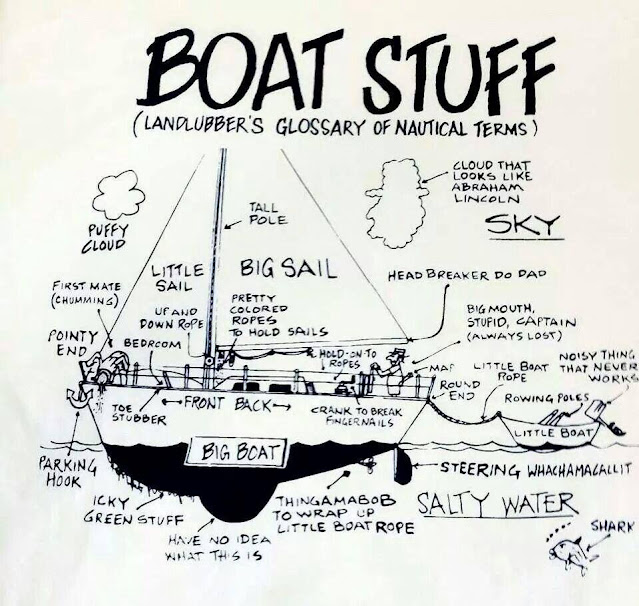A First World Covid Perspective: Caring & Education
Mexico is considered to be both a Third World country and a developing country. By historical definition, Mexico would be considered a Third World country because it did not align with NATO or the Communist Bloc following World War II. By the current definition, Mexico is a developing country.
However, Covid doesn't care if a country is a First World country or not. We have observed both the US and Mexico try to cope with this pandemic and have seen some marked differences.
A Culture of Caring
The Mexican people are resilient. Throughout their history, they have faced enormous challenges, struggled, worked hard, been knocked down again and yet still stayed strong. They support their families and neighbors. They have created a sense of community and tend to come up with solutions rather than a list of complaints. I have seen this as I work in the food pantry where every week we deliver dry goods, produce and other household necessities. I have been fortunate to get to know locals, who have nothing, share what they have with others. When I spend time with them, they don't complain about masks, discuss conspiracy theories or focus on corrupt politics. They plan for how they are going to hold a raffle and bake tamales for their neighbor whose son was hit by a motorcycle and in critical condition. They check in on the older folks who are out of work and need food. They offer the mango trees on their property to the soup kitchen. They arrange neighborhood care for the kids so that others can go to work.
While I know these types of things happen in the United States, the difference is that the Mexican people are not divided. Taking care of people regardless of age, race or beliefs is still a core value for most Mexicans. Unfortunately, that value is not as prevalent these days in the U.S.
Support for Education
It was last June that the Federal government in Mexico said that they would likely not be opening schools at all in the Fall. Over the summer, the Federal government worked with T.V. and radio stations to create a T.V. and radio based education program not just in Spanish, but also indigenous languages.
From a news briefing this week:
Distance learning began for more than 30 million Mexican school children on August 24. Minister Esteban Moctezuma, the federal eduction director, said with the help of teachers and families, children will continue with their education. Moctezuma said that risks to in-person education are too high. Officials fear children could become COVID-19 carriers, infecting relatives at home.
In cases of multiple children at different grade levels in a home, Moctezuma said programming would try to take this into account and that classes would be repeated at multiple time slots. The classes will be broadcasted from 7:30 am to 11:00 pm. The classes will be repeated, and there won’t be commercial or political ads during the broadcast. Three TV channels will focus on basic education, and two others on higher education.
The government will also use radio programs to reach kids with no TV or internet, the majority of which the government says live in remote indigenous communities.
"There is no precedent for something this big," said Rodolfo Lara Ponte, who runs the radio education program during the pandemic. "We have planned to have 640 programs, across 18 radio stations in 15 states of the country," he said, adding many are recorded in indigenous languages unique to different regions.
For now, both the TV and radio programs will run through December but everything is subject to change based on how the pandemic plays out here over the next several months.
Government officials overseeing the program uniformly say the goal is to get kids back in the classroom as soon as possible, but for now, they say they're doing their best.
"It was a tough decision not to reopen schools," said Maria Meléndez, the ministry's Director of Curriculum Development. "But by doing the TV and radio classes, that means not letting the education gap get wider."
 |
| Educational T.V. Schedule |
In addition to the programming, kids in our community have been given workbooks for Math and Writing that they will hand in weekly to their teacher. This example of creating a solution to a very challenging problem was creative and forward thinking. Is it perfect? No. Is there a perfect education system this year? I don't think so. But I applaud them for making an inclusive, accessible and equitable plan.
In the US, there are political games, divisive anger, very little federal guidance and a lack of belief in Science. This lead to timely plans not being made in most school districts. In my old school district, verbal attacks against teachers (who are not the decision makers) became common on social media and people called the school district and demanded their tax money back (not that that is a thing). District leaders weren't clear with educators about a plan, causing uncertainty and fear for educator safety. I watched with sadness as my teacher friends were told they shouldn't get paid and were simply being lazy - when in reality they were working extra hours, with LOTS of stress, over the summer to figure out how to change their entire teaching delivery.
In the US, many people feel the need to place blame, which leads to people defending themselves, which leads to a deeply divided community. A deeply divided community is not able to create balanced solutions. The saddest part about this, is that kids are learning to complain, point fingers, argue and become victims - instead of being part of the solution. Mexican kids are making the best of this challenging situation and learning problem solving, cooperation and perseverance. These traits are much more valuable than any math or writing concept they may miss this year.
As I sit here writing this from a privileged position of someone who has a home, food and health, I try to be a part of the solution. I work the food bank weekly, I have volunteered for the soup kitchen, I will be teaching English in a local neighborhood this Fall and I try to instill in my kids the ability to find the silver lining, solve problems and persevere.
~Sending positive vibes to all of my teacher friends, students and family members as they do the very best they can in these very tough times. Be kind to yourself.
Read more at www.mvnoeta.com




This comment has been removed by the author.
ReplyDeleteWhat a lovely post. Thank you for sharing your thoughts and perspective as an educator.
ReplyDeleteThanks! These sure are tough times for our teachers and parents!
DeleteGreat perspective. Thank you Alexa.
ReplyDeleteThanks Behan - These days it can be really difficult to articulate all of these complicated issues.
DeleteI appreciate the way that you have compared cultures. We are at a an uncomfortable place right now. People like you speaking the way you have are part of the solution. Thank you.
ReplyDeleteThanks for your feedback!
Delete